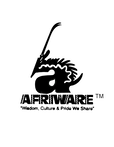|
In preparation for public discourse, primary resources never seemed more urgently necessary. Our typical bookseller’s search on the hotly debated “Critical Race Theory” topic brought forth titles that apply the theory to a range of disciplines which included law, dance, film, education and disability studies. Though many titles were housed under an academic umbrella, we’ve included a few newer titles by authors who had already weighed in on the topic earlier in their careers. Selecting from this curated list and viewing some of the videos from those scholars also provided will well position the curious and open minded independent researcher to hold their own on the topic. Critical Race Theory - Primary Resources Copyright 1996-2017
Critical Race Theory - copyright 2017-2021
Let’s start with a formal definition of the term. Kimberle Crenshaw, author of the earliest copyrighted book on the topic of “Critical Race Theory” said in a recent interview on CNBC that Critical Race Theory was created “to understand why the greatest hopes for a republic were not being realized even though these hopes were encoded in law. So, critical race theory just inherits the beliefs and the hopes of Frederick Douglass, Martin Luther King, who wants the law to do for freed people what the law did for enslavers. We picked that up in the 70s and 80s after the civil rights movement to say, okay, now we've had this big civil rights movement. We have all these laws on the books. We put about the task of understanding how law wasn’t just a neutral referee, law wasn’t always on our side, in fact, law was less on our side than for on our side and we wanted to tell these stories to do better with the promises that are embedded in the constitution.” Building on the definition from Crenshaw, “Critical Race Theory” by Richard Delgado and Jean Stefancic released in 2017 states, "The critical race theory (CRT) movement is a collection of activists and scholars engaged in studying and transforming the relationship among race, racism, and power. The movement considers many of the same issues that conventional civil rights and ethnic studies discourses take up but places them in a broader perspective that includes economics, history, setting, group and self-interest, and emotions and the unconscious. Unlike traditional civil rights discourse, which stresses incrementalism and step-by-step progress, critical race theory questions the very foundations of the liberal order, including equality theory, legal reasoning, Enlightenment rationalism, and neutral principles of constitutional law.” The originators of the Critical Race Theory movement were Kimberle Crenshaw, Richard Delgado, Derrick Bell, Charles Lawrence, Mari Matsuda, and Patricia Williams. Out of this group, I am the most familiar with Derrick Bell. In some circles he is called “The father of Critical Race Theory.” Bell was the highly respected first Black tenured Harvard Law Professor thanks in part to student activists’ demands to diversify faculty in the 1970’s. Bell protested the fact that Harvard had no Black female Law professors. He took an unpaid leave of absence as a "sacrificial financial fast" to demonstrate the depth of his conviction and "advance one's beliefs." Dr. Bell was fired from Harvard because of his stance. Seven years later, Harvard hired civil rights attorney Lani Guinier. Though I’m new to the topic of Critical Race Theory, I must acknowledge the value in the hypothetical exercises Bell’s writing offered in projecting possible societal reactions. His book, “Faces at the Bottom of the Well - The Permanence of Racism” uses allegory to imagine worst case scenarios and societal responses to them. He seemed to recognize that setting the scene in a made-up world stimulated more people to dialogue and think objectively about solutions. I must admit that when I first read the book, I had no idea that his writing was based on his work around Critical Race Theory. His technique of placing complex issues in present or future imagined scenarios reached a wider audience and served to popularize it. Reading the discourse and arguments from a hearing may not reveal the gaps in the legal system that prevented Civil Rights Laws from assisting their intended recipient. What a brilliant mind for a Law Professor to write fictitious stories in an attempt to creatively communicate his concerns. Bell’s mythical 40+ page essay “Space Traders” found in the book, “Faces at the Bottom of the Well,” imagined aliens coming to America to request that all African Americans living in the US be removed from society and beamed up to their home star. In exchange for the people, the aliens offered gold, a special chemical to rid the environment of pollution, and, a totally safe nuclear engine and fuel. That essay was even made into an HBO anthology TV movie named “Cosmic Slop”. Bell says that acknowledging racism’s effect on society will allow a more effective response to it. Otherwise, he continues, we are “condemned to repeat a series of patterns that ... can traced back for 300 years.” As a contemporary example, Bell could have written a story just like the one we unfortunately saw played out in front of our eyes in 2020. A haunting pattern that has repeated itself countless times. It would’ve read like this: Black man gets arrested. Black man is restrained for over 8 minutes under police officer’s knee and dies. The entire scene is caught on video and shared virally around the world. Using his style of allegory to make his point, he might ask, “how would society respond in this situation?” Civil disobedience? Would the cop be convicted? This is the approach he takes in “Space Traders.” He imagines an extreme scenario and follows it through to its logical conclusion. The result is that readers are stirred emotionally into finding new solutions to old problems. In another essay called “A Law Professor’s Protest,” 196 of the Black faculty at Harvard including its President were blown up in a firebombing by the Klu Klux Klan. His conclusion in every case is that the response provoked by a catastrophic event will result in temporary gains only to be lost later because U.S. society requires racism in order to continue in its present form. His work tugs more closely at pulling up the roots of racism rather than snipping off some leaves and branches that come back year after year. Dr. Gloria Ladson-Billings has applied Critical Race Theory to the education system. I appreciate and respect her work in Culturally Relevant pedagogy. I’ve scanned her book, “The Dreamkeepers: Successful Teachers of African American Children,” when I was teaching in a university setting and found it extremely inspiring. It is timely that she has a new book on Critical Race Theory coming out in October 2021 called, “Critical Race Theory in Education: A Scholar's Journey.” She greatly admired Derrick Bell and spoke of him in a lecture uploaded to Youtube called, “Critical Race Theory and Education.” The earliest book she wrote on the topic was released in 2003 called, “Critical Race Theory Perspectives on the Social Studies: The Profession, Policies, and Curriculum.” It was quite interesting to find that Robert Delgado’s “Critical Race Theory, An Introduction” book was banned in Arizona, in 2012, an election year, sigh. A new law was passed called HB2281 and Delgado’s book loosely fell into its grip. It was the same year Trayvon Martin was just killed and Obama was president. Over the years you have likely encountered many books that were banned that years later seem ridiculous. For example, the 2020 list of top 10 most challenged books compiled by the American Library Association included 3 Black authors: Toni Morrison’s Beloved, Angie Thomas’ “The Hate U Give,” and Stamped: Racism, Antiracism, and You by Ibram X. Kendi and Jason Reynolds. Interesting. Read it for yourself to see if you agree or disagree. Allowing the media or other groups that may have other interests to have the last and only word on your decision making is not wise. Quick PickNot sure where to begin?
Final ThoughtsAs always, I appreciate that you have read through this blog post. I hope that you’ve become curious to read more books about Critical Race Theory. We ask that you consider purchasing your books from our Black owned bookstore, Afriware Books, Co. If there is a title you’d like to purchase that is not mentioned here, or could not be found on the website, feel free to email us at: [email protected] Additional ResourcesBlog NotesDerrick Bell Threatens to Leave Harvard
Movie version of "The Space Traders" from "Faces at the Bottom of the Well," by Derrick Bell Wikipedia description of "The Space Traders" Wikepedia description of Derrick Bell City Talk: Derrick Bell, Professor of Constitutional Law at New York University of Law Comments are closed.
|
AUDIOBOOKSMERCHGIFTSjoin email listACADEMIC BOOKSblog Author/
|
- Store
- Blog
- AUDIO BOOKS
- EBOOKS
- SEARCH
- Welcome
- GoFundMe
- TUCC
- Events
- READING GUIDE
- AUTHOR INFORMATION
- ARTIST BIO/PRICE
- NNEDI OKORAFOR BOOKS
- PODCAST
- LARUE'S HAND IN CLAY
- About Us
- FREQUENTLY ASKED QUESTIONS
- BOOK FAIR /SCHOOLS / CLUBS
- Photo Gallery
- EJP BOOK DRIVE
- Videos
- Newsletter/Articles
- Archives
- External Links
- Afriware Statement on COVID-19
- GREATER LAKES
- Afriware Merchandise
- AFFILIATE INFO
- SEBRON GRANT ART DESIGNS
- Mother's Day Bundles
- CARTOON
- ROBOTS
- STEM
AFRIWARE BOOKS CO. A COMMUNITY BOOKSTORE SERVING:
|
|
Melrose Park, IL
|
|
,AFRIWARE BOOKS, CO,
1033 SOUTH BOULEVARD, OAK PARK, IL 60302 708-223-8081 ONLINE SUPPORT: Thurs-Fri. 4-6pm Sat. 12-2pm, IN PERSON EVENTS: afriwarebooks.com/events |
Want to try a great website builder, try Weebly at: https://www.weebly.com/r/9SAD4V

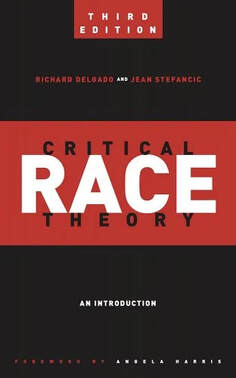
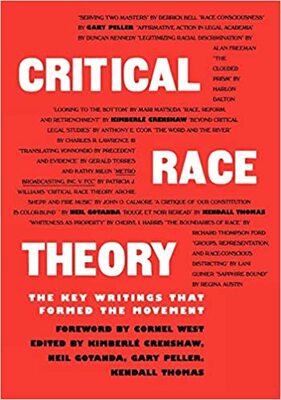
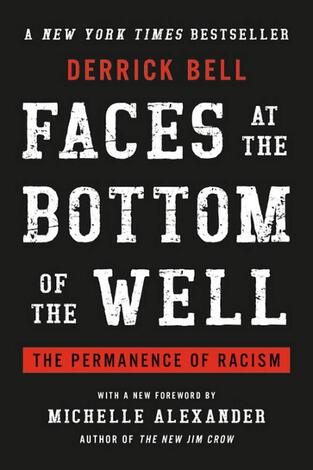
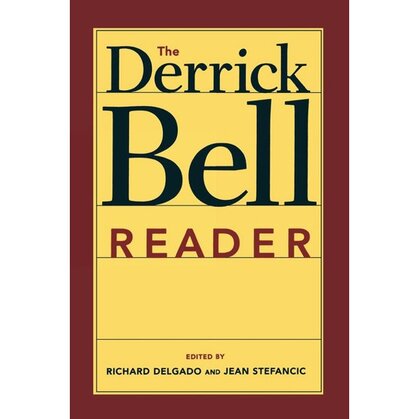
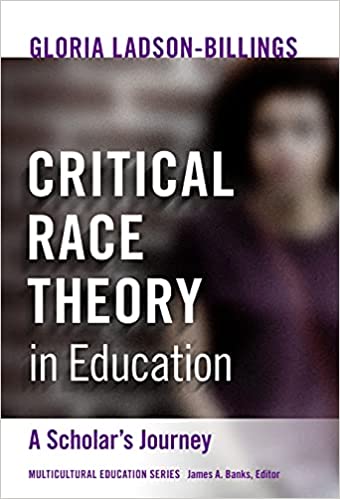
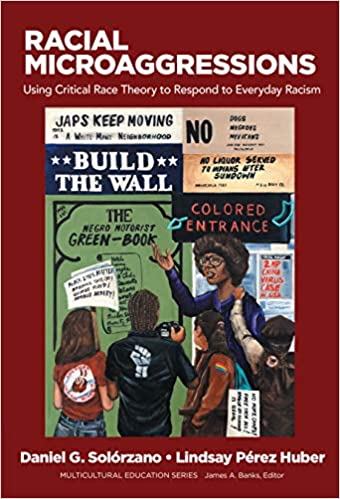





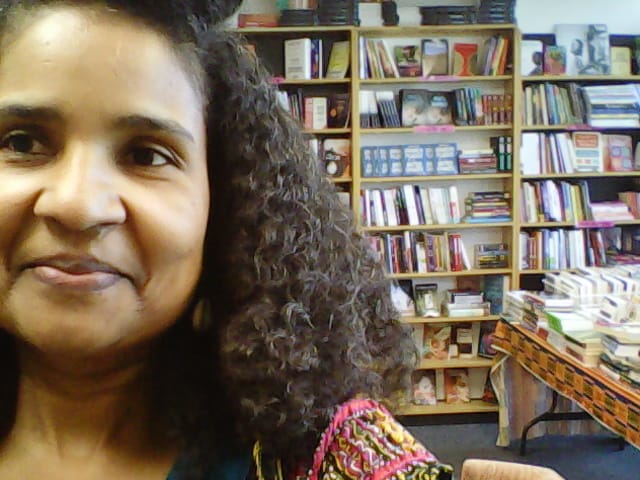
 RSS Feed
RSS Feed


